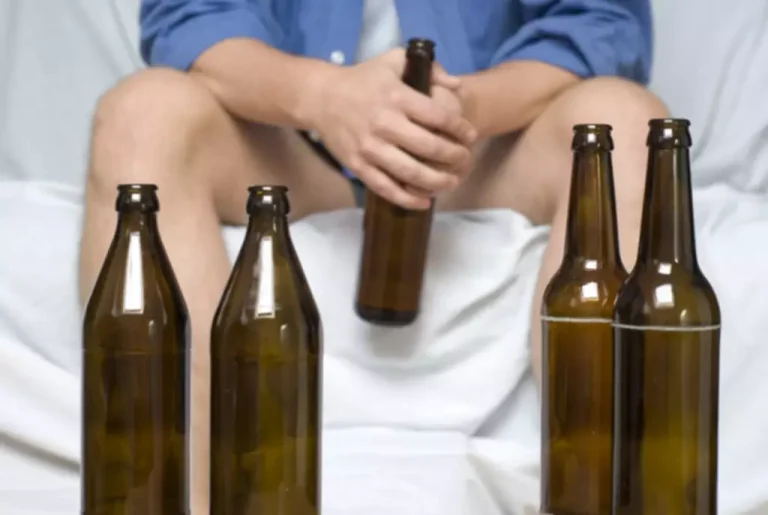This floods the system with alcohol and drastically increases the blood alcohol content in the body. As a result, the kidneys can quickly lose their function and cause lasting damage. Free radicals (also called reactive oxygen species [ROS]) are one of the by-products of alcohol metabolism and are known to cause cellular damage, unless the body can use antioxidants to clean them up. Oxidative stress occurs when the body cannot detoxify alcohol and kidneys free radicals as fast as they are being produced, and it is pivotal in triggering alcohol-related tissue injury. Studies suggest that several mechanisms produce ROS in alcohol-damaged organs, including the liver (Cederbaum et al. 2009), heart (Tan et al. 2012; Varga et al. 2015), and kidney (Latchoumycandane et al. 2015). CYP2E1 is of particular interest when thinking about potential mechanisms for alcohol-related kidney damage.
Know Your Kidneys – Identify and reach your kidney health goals.
- It’s always wise to check with your doctor or dietitian before incorporating alcohol into your diet and it is recommended that you combine your alcohol with food.
- Some sources state that excessive drinking may cause acute kidney injury, and there may be a link between regular heavy drinking and chronic kidney disease.
- According to the Centers for Disease Control and Prevention (CDC), the average adult in the United States consumes 41 ounces of water per day (or roughly 5 cups).
- One of the concerns about alcohol for kidney patients on a renal diet has been phosphorus.
- They respond to high blood pressure by removing fluid from the blood, which decreases its volume and the pressure it causes.
- The more alcohol consumed the higher the risk of elevated blood pressure.
In addition, excess fluid accumulates in spaces between cells, clinically manifested as swelling (i.e., edema) of the lower back and legs. As long as cirrhotic patients remain unable to excrete sodium, they will continue to retain the sodium they consume in their diet. Consequently, they will develop increasing ascites and edema and experience weight gain. In some cases, vast amounts of abdominal fluid may collect, occasionally more than 7 gallons (Epstein 1996). The kidneys continuously perform their tasks of purifying and balancing the constituents of the body’s fluids.
- Patients with alcohol-induced liver cirrhosis show a great tendency to retain salt (i.e., sodium chloride), and their urine frequently is virtually free of sodium.
- Now that we have covered some of the nutrients in alcohol, let’s look at how alcohol can affect the body and nutrients inside the body.
- This often goes away after a time, but it can occasionally lead to lasting kidney damage.
- You can have a sports drink that has electrolytes and a carbohydrate solution.
- Sustaining a physical injury to the kidneys, such as by falling from a height, may also cause kidney pain.
- In fact, about a quarter of drinkers reported they had done this on at least one day in the past year.
Alcohol Misuse and Kidney Injury: Epidemiological Evidence and Potential Mechanisms
The key here is that alcohol can otherwise be dehydrated if you do not drink enough water to replenish what you lose from alcohol. We will cover the nutritional aspects of how alcohol can effect the kidneys. In some cases, a renal vitamin or multivitamin may be recommended to you by your dietitian. Be sure to discuss with your healthcare team which type of vitamin and dose is best for you. Too much alcohol can result in high losses of magnesium in the urine.
Finalized change to OPTN calculation for deceased donor kidneys is a win for health equity

Often it occurs simultaneously with phosphate deficiencies, also frequently encountered among alcoholic patients. Hypomagnesemia responds readily to magnesium supplementation treatment, however. However, it is important to note that alcohol-induced kidney damage may not always cause kidney pain. Rather than the type of beverage, it is the amount of alcohol that affects the kidneys, with binge or excessive drinking having the most impact. Alcohol is a toxic substance that can damage the body’s organs and tissues. There are mixed conclusions about whether or not alcohol causes kidney failure specifically.

Does Alcohol Affect The Kidneys?
- Whether a kidney patient is on a fluid restriction or needs to drink more fluids, alcohol must be considered.
- Because your blood is made up of 90% water, the overall volume will decrease when you are dehydrated.
- If you or a loved one are concerned about your alcohol consumption, you may be suffering fromalcohol use disorder.
- You can reduce the risk of dehydration by drinking water while using alcohol.
Effect of body mass index on the association between alcohol consumption and the development of chronic kidney disease

Potential reasons for increases in alcohol-related deaths


